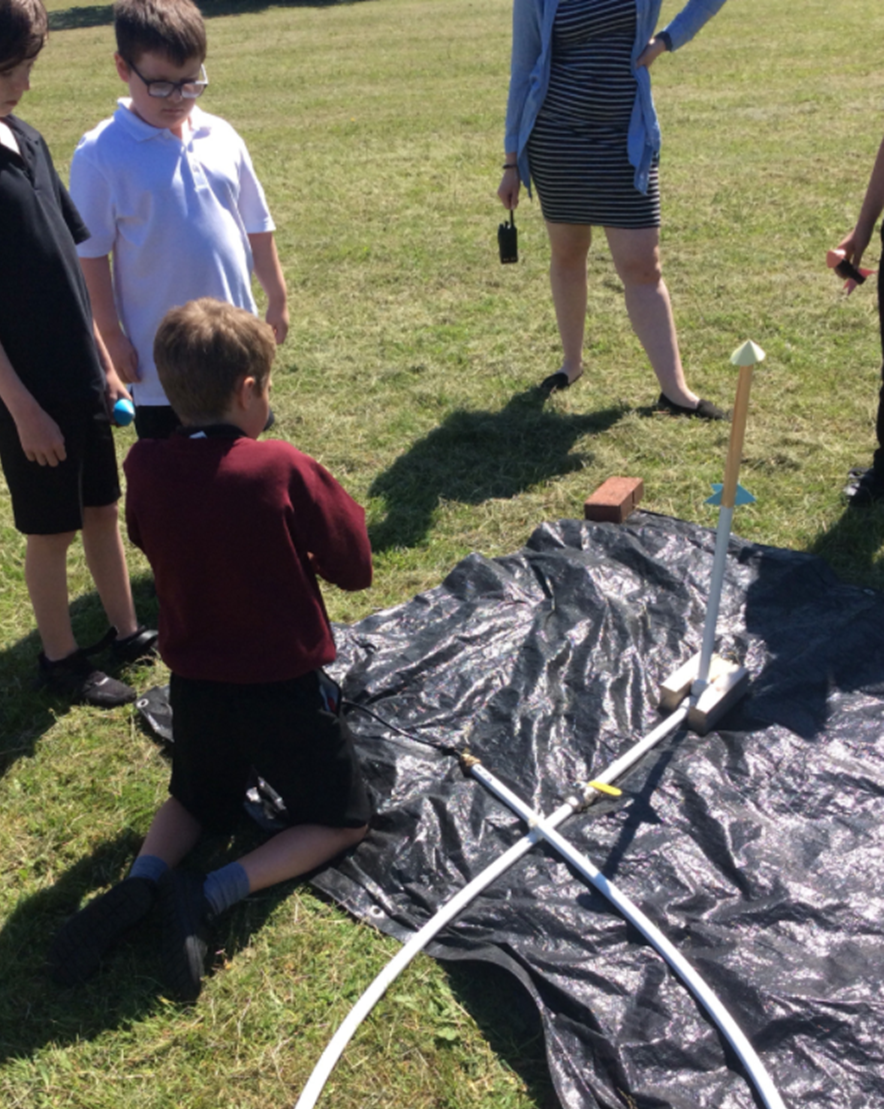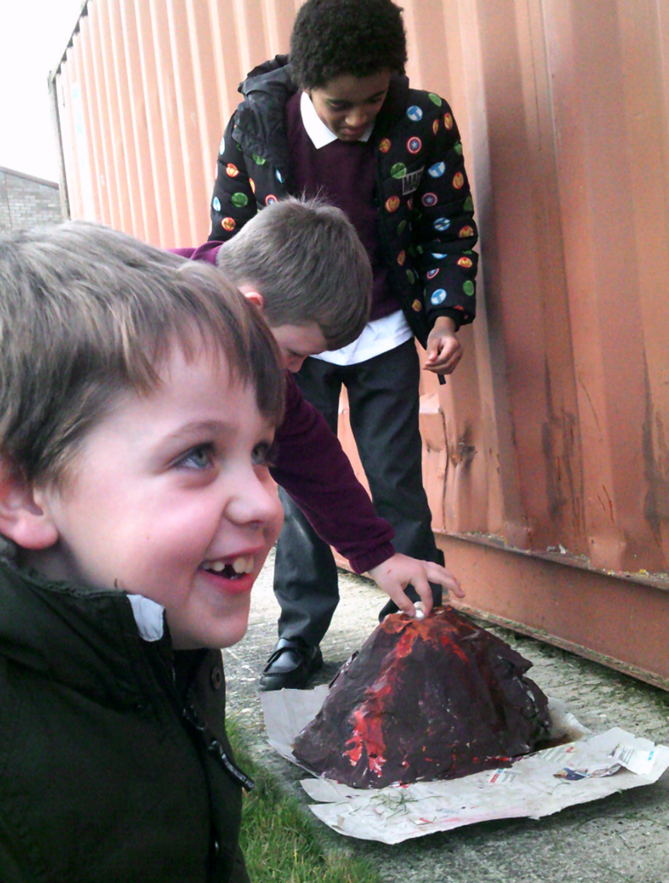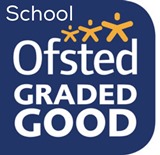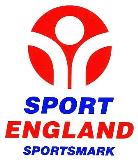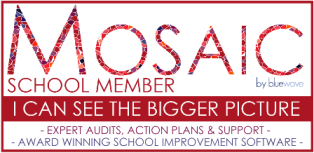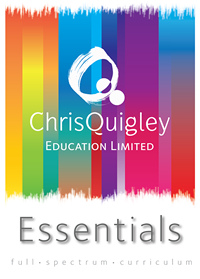SCIENCE
INTENT
At Larwood School, we believe that science is an exciting voyage of exploration and discovery. Through our science curriculum we will equip our children with the scientific knowledge and skills needed now and to succeed in our ever-changing world. We intend to encourage our children to grow into young scientists, as they develop their natural curiosity and discover through purposeful, hands on, enquiry-based learning. We intend to deepen children’s knowledge and application of scientific skills by immersing them in scientific vocabulary and providing them with opportunities to solve problems and make links which builds upon previous learning. We intend to provide all children regardless of ethnic origin, gender, class, aptitude or disability, with a broad and balanced science curriculum.
IMPLEMENTATION
To ensure high standards of teaching and learning in science we implement a curriculum that is progressive throughout the whole school and therefore designed to help the children to build upon and recall previous knowledge and skills.
The science leader ensures that teachers’ subject knowledge is appropriate through regularly evaluating planning and outcomes from pupil conferencing and book looks as well as discussions with colleagues. This results in the leader working closely with any member of staff who needs assistance or support with their subject knowledge and/or improving and adapting the curriculum where needed. The leader also provides pointers, ideas and relevant resource pools for all members of staff to ease workload and assist with planning and engagement with the subject knowledge they are being asked to teach.
Teachers plan for sequences of lessons for their year groups in accordance with our skills and knowledge progression document taken from ‘The National Curriculum programmes of study for Science 2014’ and CREST science. Children are also encouraged to choose ‘Mad Science’ as part of our skills' curriculum on a Thursday afternoon. Where appropriate, blocks of lessons are linked to our class topics to further deepen the understanding of the children in terms of skills and knowledge. Science is otherwise taught as discrete units and lessons where needed to ensure coverage. Cross curricular links are made where appropriate such as the creation of fact files in literacy and the use of DT when investigating materials.
Through our planning, we involve problem-solving opportunities that allow for children to find out for themselves through using a range of enquiry skills. Children are encouraged to think like scientists, being curious, asking their own questions and are given opportunities to use their scientific skills and research to discover the answers. Planning involves teachers creating engaging lessons, to aid understanding of conceptual knowledge. Working Scientifically skills are embedded into all science lessons and are developed throughout the children’s school career as new vocabulary and challenging concepts are introduced through direct teaching. Teachers use precise questioning in class to check scientific vocabulary, conceptual knowledge and skills, and identify any misconceptions to provide clear, direct feedback and inform future planning and support or challenge accordingly.
We build upon the learning and skill development of the previous years. As the children’s knowledge and understanding increases, and they become more proficient in selecting, using scientific equipment, collating and interpreting results, they become increasingly confident in their growing ability to come to conclusions based on real evidence and using higher level scientific vocabulary.
Children are offered a wide range of extra-curricular and enrichment activities. Visits, trips and visitors are planned to complement and broaden the curriculum. Some examples include KS1 having the chick hatching kit, visits to the London Science Museum, year 6 butterfly kits, to name a few. These are purposeful and link with the knowledge being taught in class. Regular events, such as Science Days or topic days, allow all pupils to come off-timetable, to provide broader provision and the acquisition and application of knowledge and skills.
IMPACT
As a result of the engaging, hands on, enquiry-based, high-quality science at Larwood School, children will leave with the skills and knowledge for understanding the world in which they live. This will be reflected in the number of children achieving age related expectations at the end of their cohort year, the high-quality work produced by the children and their own science capital. They will talk confidently about science and use appropriate scientific vocabulary. Children learn the possibilities for careers in science and have access to positive role models within science. Children will be motivated and enthused by science, feeling like young scientists themselves, understanding how science has changed our lives and how it is vital on the impact on our future world.
